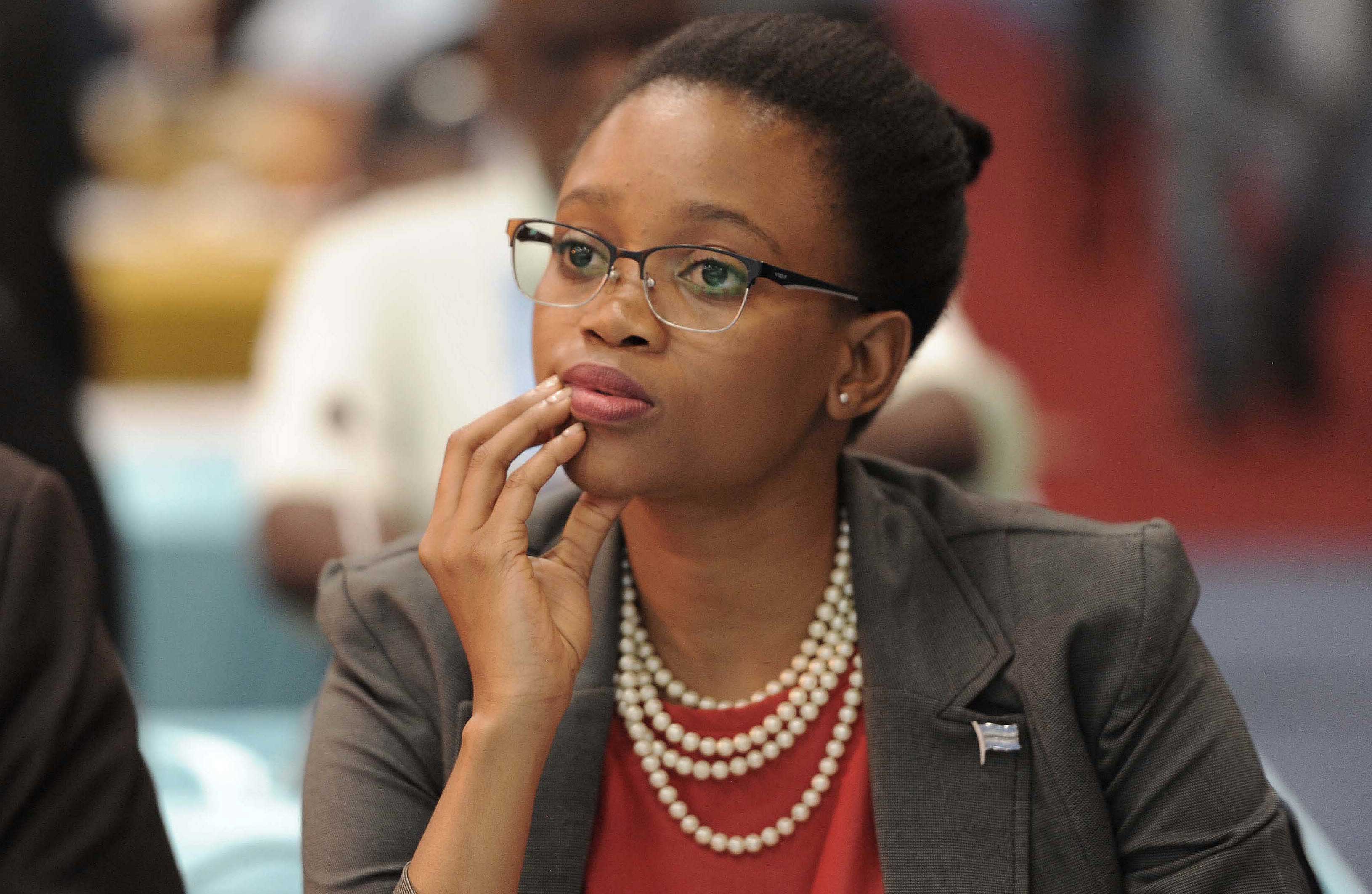TSHEPO BABUSI
It has been an interesting couple of weeks for my country, an emotional rollercoaster might I add. I love how the digital age has made it so easy for us to keep abreast of the developments in our Country, or lack thereof.
We recently got a new President- His Excellency Mokgweetsi Eric Keabetswe Masisi, and I have watched how issues of who is now going to be running the affairs of this country, bridge a generational gap and had people engaged and making room for eye opening conversations. In the midst of the appointment of the 5th President, what grasped the attention of Batswana was the cabinet reshuffling. Particularly the appointment of Honorable Bogolo Kenewendo as the full Minister of the Ministry of Investment, Trade and Industry (MITI).
It wasn’t too long ago that she became a specially elected member of Parliament (MP), making her the youngest in the current parliament and at that time, the only woman in parliament who was not a cabinet member. I, like the rest of my peers, was pleased that finally the country is warming up to the idea that one needs not to have decades of experience under their belt to be able to perform exceptionally well in leadership roles. I was even more thrilled as a woman that all the Women in Parliament are also cabinet members. I remember thinking to myself, perhaps times are actually changing and more women are stepping up to roles of leadership. The truth is, the more I thought about it and sobered up from the excitement that was in part fuelled by everyone else’s excitement. I realised how much more work we have ahead of us.
Here is the reality that will hit you like a gush of wind. Of the 57 constituencies we have, 3 of them are occupied by women. That makes 5%. When you take a look at the parliamentary seats as a whole, inclusive of the specially elected members, it makes 63 seats. Of these 63 seats, 5 are women, a mere 8%. Similarly with the Cabinet and its 28 ministers, with the recent developments, we have women taking up 5(18%). These numbers bothered me because I know as women we strive every day in our respective industries for an opportunity to lead, yet these numbers are just not reflective of this.
It made me wonder where the disconnect is, because now it seems as though we are communicating one thing and doing the complete opposite. Women have the numbers, and I’m not just saying that. According to the 2011 Population census we take up 51 percent of the population in this Country. One might assume that perhaps Women are not even voting or active in politics. Nope! Women have the numbers even as voters because the IEC showed that of the 824, 073 people registered to vote in the 2014 elections, a staggering 55% of those registrations were Women.
The more I looked into this, the more I felt a little bit disheartened. I started to wonder if we are even putting ourselves out there at all as Women in Politics. Do we actually want to contribute to running the affairs of this country? If so, then why are Women not stepping up? Perhaps our culture is still playing a major role in instilling in Women that these jobs are better suited for Men. I’m posing questions because I want this to be a conversation. We don’t have to agree, but we do have to engage if we are to make significant strides. A closer look at the 2014 elections revealed that a total of 188 candidates campaigned in the various 57 constituencies. Only 7% of those were Women. 13 Women to be precise!! Which means even if we were to stand here and urge Women to support each other, there wouldn’t even be that many Women to support in the first place.
The numbers show that we expect to win at a game we aren’t even participating in. I think that Men are capable, I think that Women are capable too. However, we might end up just speaking of the capability of women and their strength in theory. We might have all these NGO’s under the sun intended to propel women forward. But until and unless we as Women start trusting ourselves to actually step up to the plate, can we see a real difference. When we have the numbers, when more Women are campaigning and speaking in rallies, asking to be elected in Parliament. That is when I can confidently argue that we are not getting the support we need, or that we’re not even voting each other ourselves. Until then, we must introspect and think about what we can do moving forward in order to get more representation in Parliament. We encourage each other. We practice what we preach, and ultimately contribute to the betterment of this Country.

